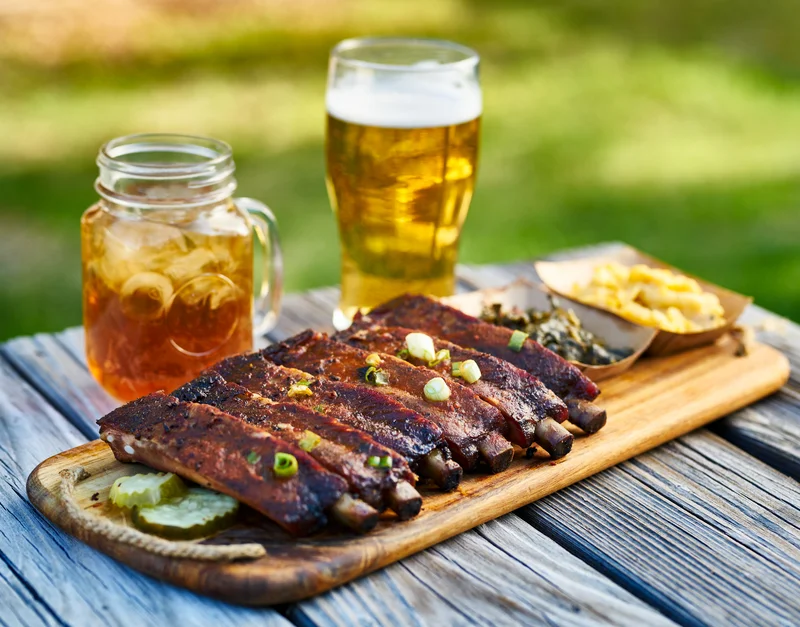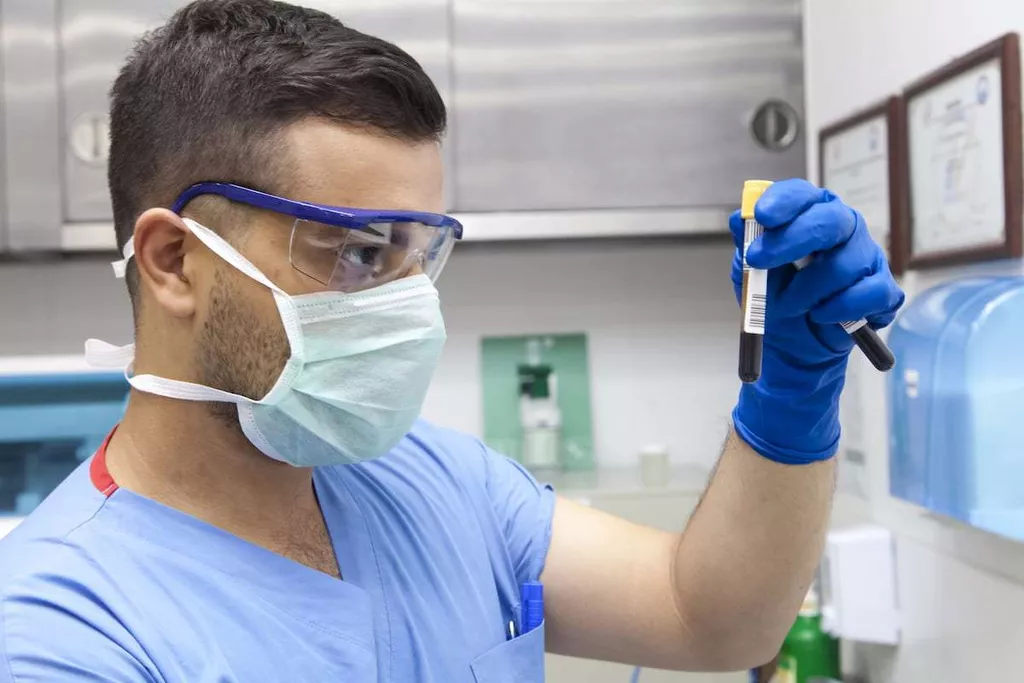Alcohol and Allergies: Does it Make Them Worse? 2025
公開日:2025年1月16日

However, if you consistently experience severe sneezing or other concerning symptoms, it is recommended to consult a healthcare professional. If you’re looking for a way to prevent sneezing when you drink, try making your cocktails with fresh fruit juices instead of using pre-made mixes. This will help reduce the number of histamines in your drink and make it less likely to trigger a sneeze. If you find that why do i sneeze when i drink alcohol certain drinks trigger your sneezing, try switching to a different type of alcohol.

Can other respiratory conditions increase the likelihood of alcohol-induced sneezing?
- Dilated blood vessels can cause inflammation and swelling in the nasal passages.
- In conclusion, the exact reasons behind why some people sneeze after drinking alcohol are not definitively known.
- They are also added to beer as preservatives to prevent the growth of bacteria that can turn the alcohol to vinegar.
- It helps to remove harmful bacteria, unwanted tannins and other impurities from the liquid before it can be consumed.
- Alcohol can exacerbate a variety of allergy symptoms, including nasal congestion, runny nose, sneezing, itchy eyes, skin rash, and difficulty breathing.
Spirits such as vodka and gin can also cause sneezing due to the presence of histamines. In addition, some people find that the alcohol in these drinks irritates their nose, leading to sneezing. Individuals with pre-existing respiratory conditions, such as allergies or asthma, may be more susceptible to alcohol-induced sneezing. In recent times, sulfur dioxide and sulfites have been considered allergens, and concerns about their safety as food additives have increased. Sulfites can cause a range of dermatological, pulmonary, gastrointestinal, and cardiovascular symptoms. Asthmatics, for example, are at an increased risk of having a reaction to sulfite-containing food.
What drinks make allergies worse?

Symptoms of this kind of allergy include sneezing, itching, hives and difficulty breathing. This inflammation can trigger a wide range of symptoms like nausea, vomiting, muscle aches, heartburn, and even headaches. Additionally, alcohol can worsen existing allergic reactions as it suppresses the body’s ability to fight off foreign substances. Signs of an allergic reaction may include nausea, vomiting, hives, and itching. Certain medications and foods can also trigger alcohol intolerance, as they can interfere with the body’s ability to process alcohol. To reduce the risk of unpleasant reactions, it is important to be aware of any potential triggers and take steps to avoid them.
- This incomplete processing of the alcohol can cause the body to react by producing symptoms that reflect an allergy to the alcohol.
- Sulfites are also found in wine, where they occur naturally as a result of the fermentation process.
- Your doctor or allergist will likely perform a skin test in order to determine what component of wine you are allergic to.
- For instance, some individuals may be sensitive to the sulfites present in wine or the hops in beer, resulting in an allergic reaction and subsequent sneezing.
How is alcohol allergy diagnosed?
Look for wines with lower histamine drug addiction levels, usually white wines, organic wines or sparkling wines. Some winemakers do choose to state their histamine content, particularly if it’s low. For example, Italian winemaker Peri Bigogno produces wines with a certified histamine content under 0.5 mg/L. In some cases, reactions can be triggered by a true allergy to a grain such as corn, wheat or rye or to another substance in alcoholic beverages.
Final Thoughts on Why You Get a Stuffy Nose After Drinking
For example, someone with an allergy to gluten might experience adverse reactions if the wine contains any trace amounts of gluten. Knowing the ingredients used to make a wine can help you make an informed decision about what kind of wine you want to drink. For those with Red Wine Allergies, the symptoms can be quite unpleasant and may last for several hours. In terms of treatment, medications such as antihistamines can help reduce the severity of symptoms in some cases. However, to eliminate them completely, it is necessary to avoid consuming red wine altogether.

Is alcohol-induced sneezing similar to alcohol flush reaction?
Unfortunately, nothing can prevent reactions to alcohol or ingredients in alcoholic beverages. To avoid a reaction, avoid alcohol or the particular substance that causes your reaction. No, alcohol-induced sneezing and alcohol flush reaction are two distinct phenomena. Alcohol flush reaction refers to facial flushing and other uncomfortable symptoms experienced by individuals who have difficulty metabolizing alcohol.

Allergy Testing
The sneezing that some people experience after drinking red wine can also be due to an allergy. While rare, it is possible for a person to have an allergic reaction when exposed to the ingredients found in red wine such as histamines or sulfites. Those with allergies may experience sneezing, itching, and other respiratory symptoms when exposed to red wine. To avoid experiencing such allergic reactions, it is important to consult with a doctor and identify any allergies before drinking red wine.
- For example, someone with an allergy to gluten might experience adverse reactions if the wine contains any trace amounts of gluten.
- However, to eliminate them completely, it is necessary to avoid consuming red wine altogether.
- Similarly, those with weed pollen allergies may notice an increase in symptoms after consuming alcohol.
- While alcohol content does not directly cause sneezing, it can contribute to nasal congestion or irritation, potentially triggering sneezing in some individuals.
- Studies have found benefits to consuming small amounts of tannin due to its natural antimicrobial and histamine regulating effects.
- Additionally, sensitivity to specific ingredients in beer, such as wheat or barley, may be the culprit.
- People with alcohol intolerance or sensitivities to certain ingredients in drinks may experience this more often.
While this may sound like an allergic reaction, these types of reactions to wine or beer actually have more to do with your immune system. For example, red wine contains a much higher percentage of histamines when compared to white varieties, so choose wisely if wine sneezes are known to put a damper on your evening. Others believe it’s just a coincidental occurrence with no real significance. Whatever the source, sneezing after drinking beer is a phenomenon that many people have experienced. It may be nothing more than coincidence, or it could signal the start of legal intoxication.
- Thanks for reading and we hope this post has helped to provide some clarity on the matter.
- If you experience sudden sneezing after consuming these beverages, it may be an indication of histamine intolerance.
- However, some individuals may find certain alcoholic beverages, such as wine or beer, more likely to trigger the sneezing reflex due to their individual sensitivities.
- Another common symptom of alcohol intolerance is experiencing headaches or migraines (in more severe cases).
- If you experience these symptoms sneezing after drinking alcohol, you must see a doctor as you may need to be treated for an allergy.
- The blood vessels around your nasal cavity can expand, making it a bit more difficult to breathe normally.
What is Alcohol Allergy and How Common is It?
Histamine is a compound found in beer, wine, and spirits that can elicit an allergic response. Beer, https://ecosoberhouse.com/ brown liquor, and cider contain the highest levels of sulfites among alcoholic beverages. Sulfites are also found in wine, where they occur naturally as a result of the fermentation process. A study assessed the histamine levels in 17 beers, and the results ranged from 21 to 305 micrograms per litre.

